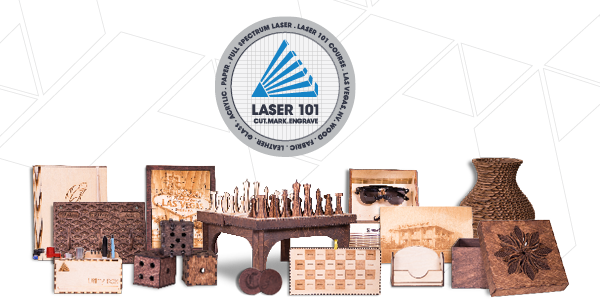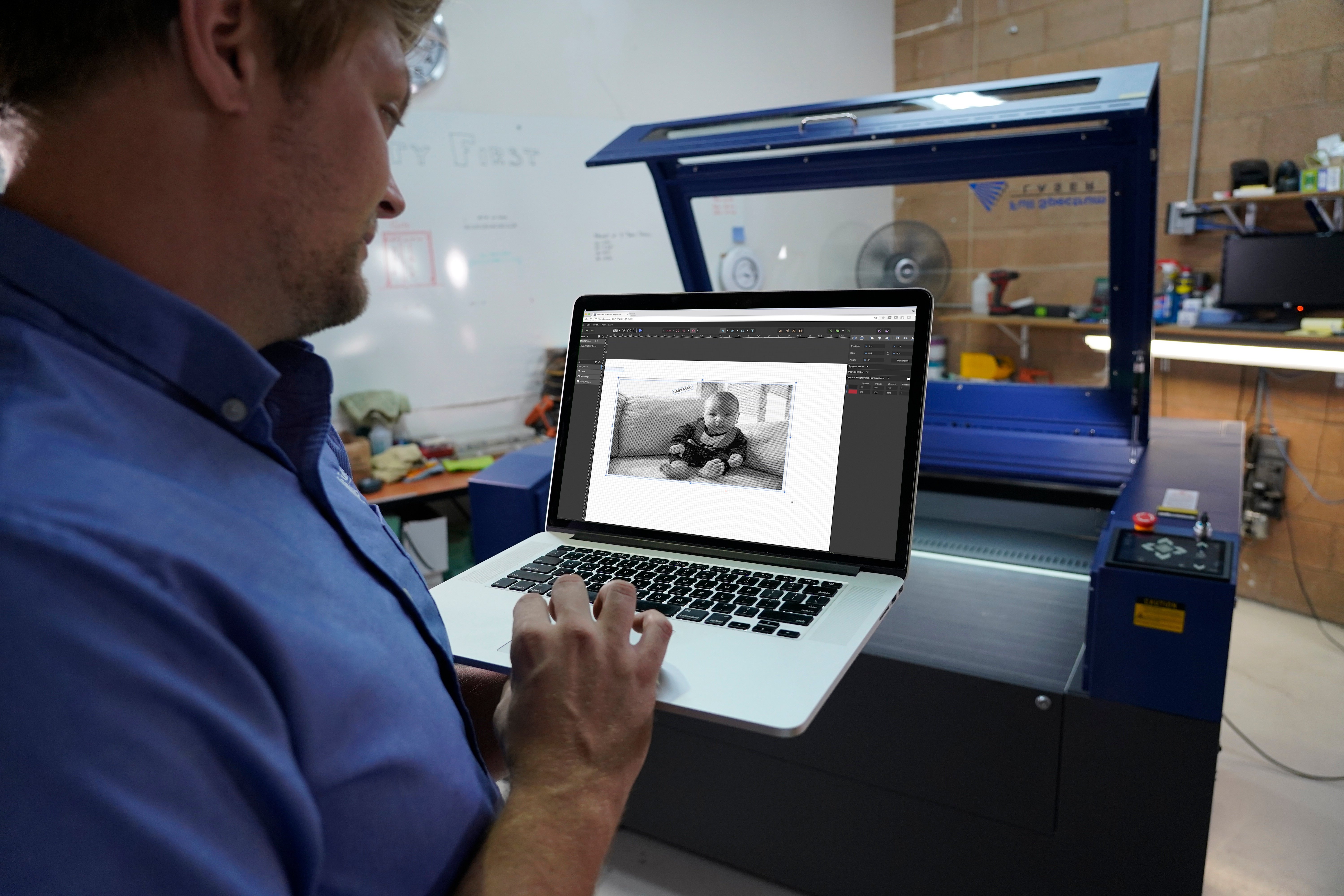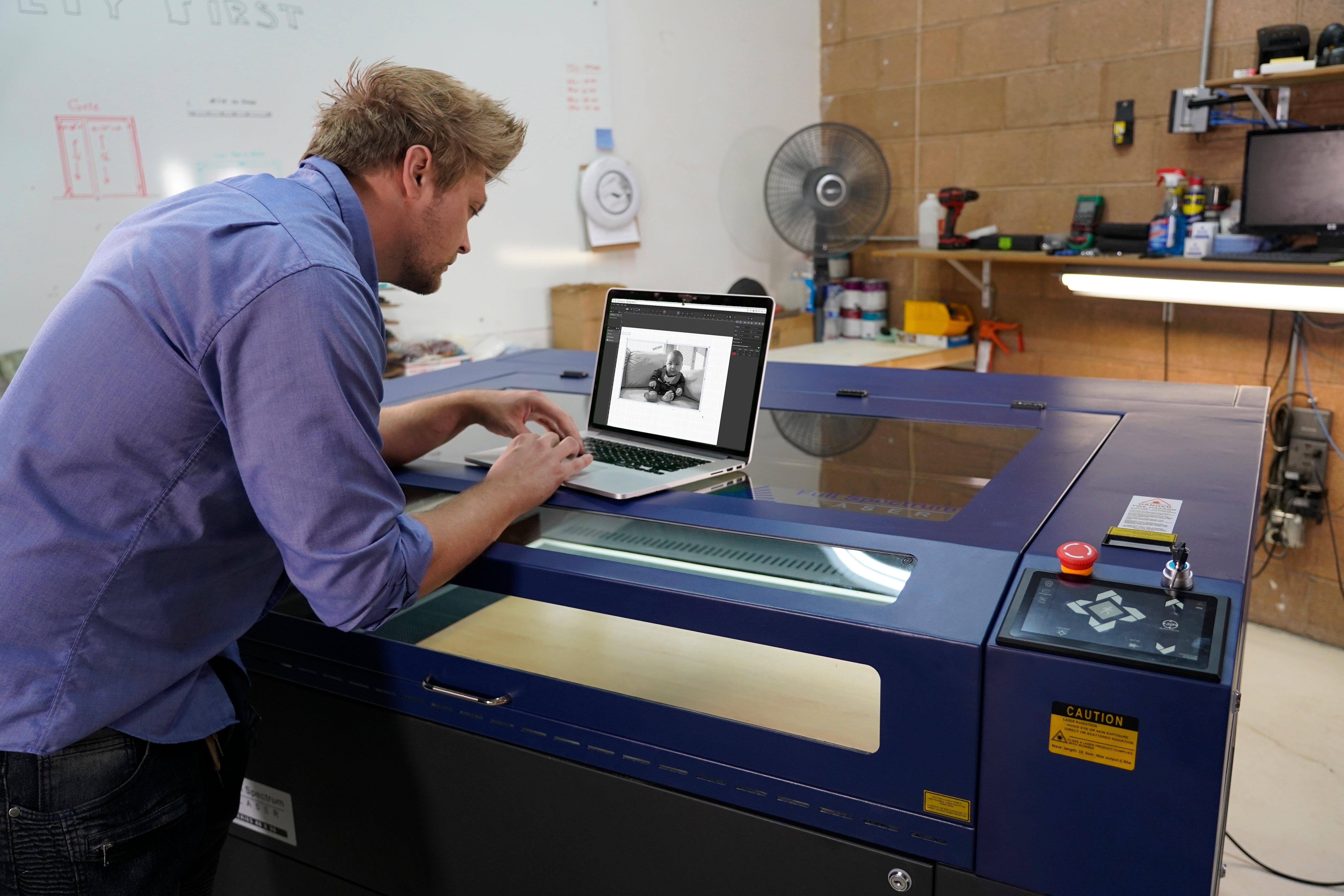Ever since the first commercial laser was introduced by private industry in the 1960’s, the field has rapidly expanded in both technical engineering and practical applications. That means entire industries have sprung from this amazing technology in some surprising ways. From laser surgery to laser pointers, applications for lasers (including laser cutters) are growing everyday. That presents a lot of career opportunities involving lasers. Let’s take a look:
Laser Operator
For whatever purpose a company uses a laser, they all require a trained operator. You can qualify to operate a laser cutter with a little training and some certifications. More and more, these skills are obtained in STEM programs in high schools. Other fields, such as medicine, require a college degree for extremely specialized laser tools. Trends are showing more operators are in demand due to ever-expanding applications with lasers.
Laser Applications Designer
Besides operators, lasers need projects. Typically, laser cutters process design files created using design software. Again, graphic design skills are often developed in high school, these days, offering opportunities that do not require a college degree, if you have a good design portfolio. Combining design skills with operator skills is a great way to rise above the competition and develop complementary talents.
Service and Repair
Operators can’t operate lasers if they are broken. Laser service and repair experts are in growing demand as more lasers are utilized in day-to-day business. Just like the operator and the application designer are crucial positions, so is the service person because the laser becomes useless if it isn’t working properly. Apprentice programs and internships are great ways to learn these skills, as is dedicating yourself to a four year degree in mechanical engineering. Of course, gaining higher education in the field of lasers also opens other opportunities.
Mechanical Engineer
The next phase above learning how to repair lasers is understanding how to build them. Here salaries can take a huge jump, but that typically requires a master's degree or even a PhD, usually in mechanical engineering, physics or both. There is wide demand for people who can develop the next generations of laser technology, as well as high income potential.
Software Engineer
While graphic designers and operators are in demand in the laser industry, the real earning potential is in developing and improving the base technology. This not only includes mechanical engineers to build the lasers, but also software engineers to create the operating systems the lasers use. This requires programming skills. Programmers can command some of the highest salaries in the industry and with good reason: programming requires extensive training, typically, though not exclusively, through college.
Business Owner
Some people just start with a business plan that only requires pre-existing laser applications. In this case, just purchasing a laser launches a career or expands a business. For example, you could be a sign shop owner looking for more diversity and a faster output to your already established product offerings. A laser engraver is low cost to purchase and is simple to learn and operate. This type of business could also grow and expand offering career opportunities to new operators or designers mention above.
Sales & Marketing
Perhaps you don’t have a laser background but still find the industry fascinating because of your love of technology. Companies in the laser field are like any other business and require sales and marketing experts to grow and sustain day-to-day operations. Lasers have vast applications and communicating those applications is a major component to a successful business. If you want to enter the laser industry, these skills always translate to opportunities for a career. Learn more about laser cutters and how to use them with our free Laser 101 certification courses and tutorials.
Learn more about laser cutters and how to use them with our free Laser 101 certification courses and tutorials.

